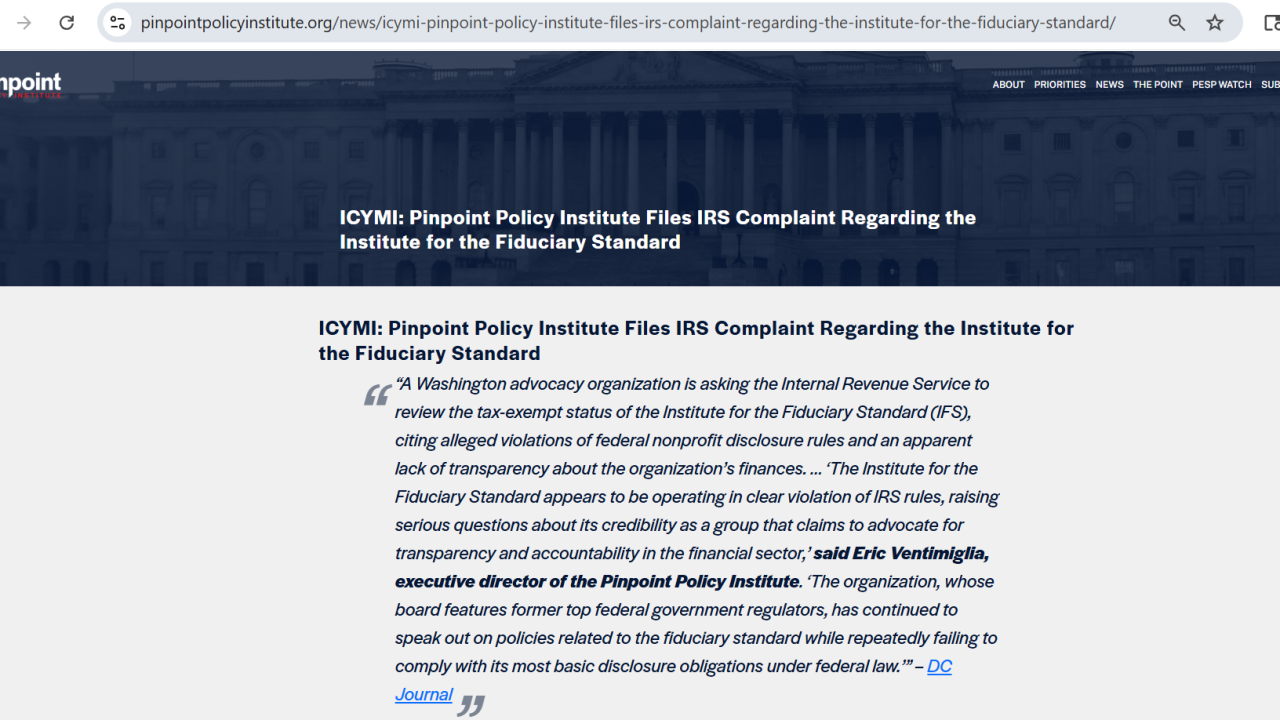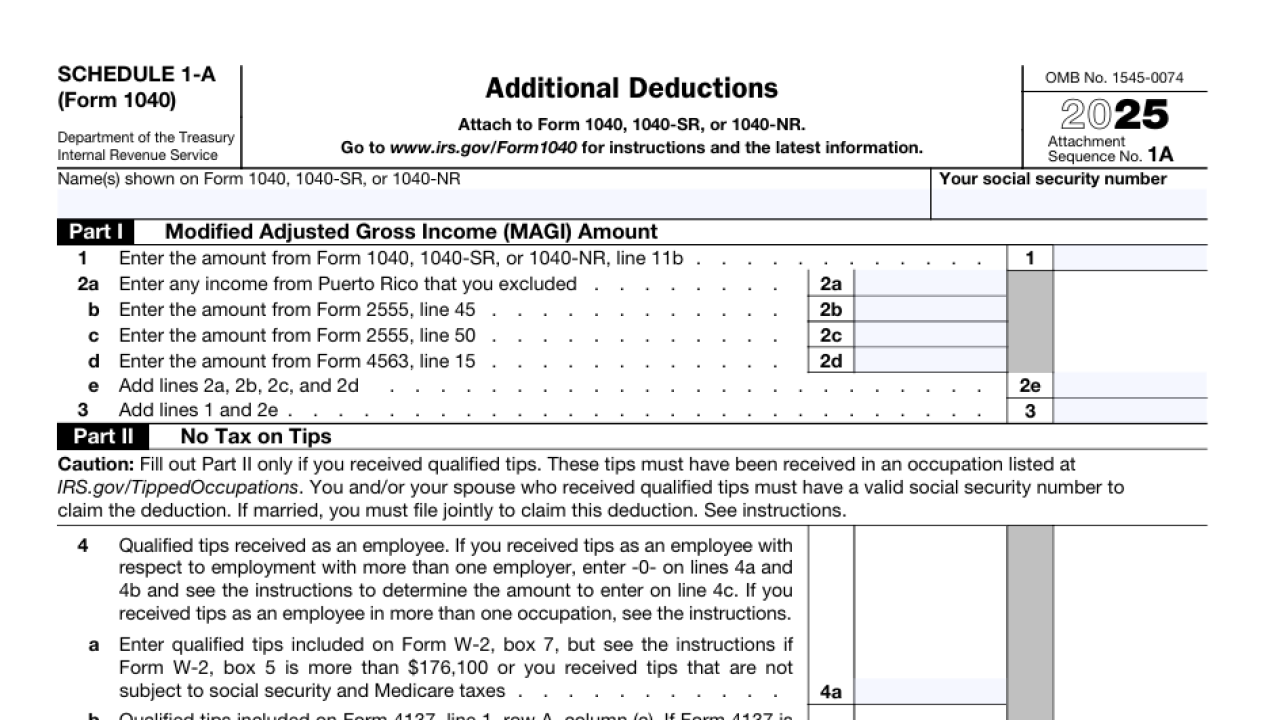It is often said that when men plan, the gods laugh. Nowhere is this perhaps more true than when it comes to planning for retirement. While we all acknowledge the risk that finances can play on our retirement plans, the reality is that threats to our retirement plans can come from all areas of our lives.
Years ago I had a client whose retirement plans included climbing all 54 of Colorado's 14,000 foot peaks. Six months (and about a dozen bagged 14'ers) into his retirement, he developed severe pain and stiffness in his lower legs and ankles. After several trips to the doctor it was discovered that he had a form of multiple sclerosis that was slowly causing the cartilage in his feet and ankles to break down. His constant climbing was hastening the process for which there is no cure and usually results in eventual, permanent confinement to a wheelchair. His dream of climbing all 54 of Colorado's 14'ers was over.
Earlier this year, the Employee Benefits Research Institute released its 2012 Retirement Confidence Survey and to no one's surprise, found that the age at which American workers expect to retire is slowly rising. In 1991 only 11% of American workers expected to retire after age 65. Today, that number is over 37%, with 26% saying they expect to retire sometime after age 70. An additional 7% say they will never retire.
While the benefits of continued work on one's personal financial situation are well documented, the expectation our clients have of their ability to actually keep, find or engage in paid employment as they approach or surpass traditional retirement age is questionable. This year, 50% of new retirees reported retiring sooner than they had planned. The reasons ranged from health problems or disability (51%) to company downsizing or closure (21%). Further, while 70% of current workers expect to work for pay during retirement, only 27% of current retirees hold paying jobs.
Collectively, these two statistics reveal the need for conversations that very few financial planners are having with their clients. Thankfully over the last few years, planning for health care costs in retirement has been growing. What is missing from that conversation is the acknowledgement and recognition that maintaining one's health in retirement is predicated on being in good health before retirement. Many of my clients used to tell me, "Once I retire I'll start working out and get in shape." The problem for many is that by then much of the damage has already been done. Our health doesn't decline in a strait linear fashion. It often alternates between periods of relative stability and rapid decline. With estimates of health care costs in retirement ranging from $200,000 to over $500,000, regular contributions at the gym to prolong those periods of stability may have as much financial impact on your client's retirement as regular contributions to their 401k.
While keeping our bodies in shape can reduce our health care costs, keeping our skills sharp and our minds active can help in securing paid employment at retirement. While traditional education planning has long been meant to provide for our client's children's (and grandchildren's) education, today many baby boomers are going back to school themselves. When one recognizes that $25,000 spent on personal education might mean an additional 10+ years of working at a job they truly enjoy, the ROI of investing in themselves becomes fairly significant.
With the median baby boomer net worth hovering around $180,000 (according to the 2010 Survey of Consumer Finances) planning around just the financial aspect of retirement may not be enough to solve your client's retirement problems. Bringing new conversations to the table that encourage them to view retirement differently may be the best planning you can do.
Keith J. Weber, CFP®, CPRC, is a speaker, author and founder of Weber Consulting Group, LLC, a financial advisor training, coaching and practice management consulting firm that inspires advisors to re-examine their client conversations in order to develop deeper client relationships. For more information visit





